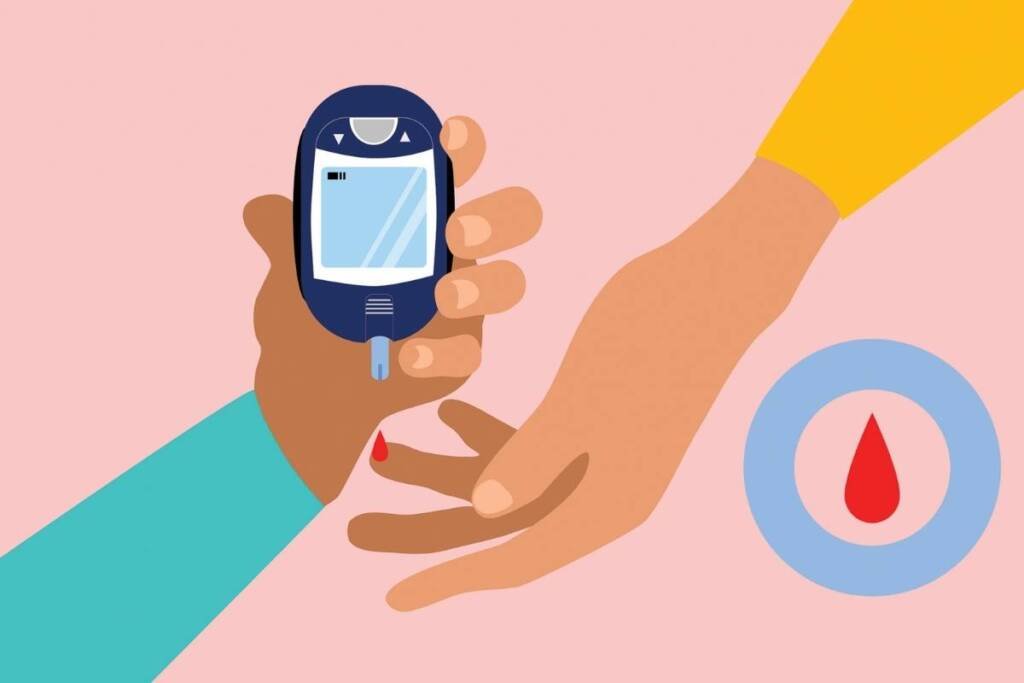Source – Pfizer
On June 26, 2023, Pfizer Provides Update on Clinical Development Program for GLP-1-RA in Obesity and Type II Diabetes Mellitus
Pfizer has recently made an announcement regarding its progress in the clinical development program for a glucagon-like peptide-1 receptor agonist (GLP-1-RA) intended for the treatment of adults with obesity and Type II diabetes mellitus (T2DM). The company has decided to proceed with the advancement of danuglipron (PF-06882961), an oral late-stage candidate, based on the results of an ongoing Phase II trial. However, the development of lotiglipron (PF-07081532) will be discontinued.
“Building on Pfizer’s small molecule design expertise, we were developing two promising GLP-1-RAs that have shown proof of concept, with the intent of selecting one to advance into further clinical studies. We look forward to analyzing the danuglipron Phase II results and selecting the dose and titration schedule that will maximize the therapeutic benefit and safety and tolerability. If successful in clinical trials and approved, danuglipron could be in a prime position to differentiate based on profile, including full receptor agonism, which we believe has the potential to translate to robust efficacy.”
– William Sessa, Ph.D., Senior Vice President and Chief Scientific Officer, Internal Medicine, Pfizer
Pfizer plans to finalize the late-stage program for danuglipron by the end of 2023 and is also working on a modified release version that can be taken once daily.
Previous results published in the Journal of the American Medical Association Network Open from the Phase II study (NCT03985293) of danuglipron in T2DM patients demonstrated dose-dependent reductions in HbA1c (up to -1.16%), fasting plasma glucose (-33.24 mg/dL), and body weight (-4.17 kg) over a 16-week period. The most commonly reported adverse events were nausea, vomiting, and diarrhea. Currently, the Phase IIb study of danuglipron in non-diabetic individuals with obesity is ongoing and is expected to be completed by the end of this year. The safety profile of danuglipron, including changes in transaminase levels, appears to be similar to other GLP-1R agonists.
The decision to discontinue the clinical development of lotiglipron was based on pharmacokinetic data from Phase 1 drug-drug interaction studies (C3991040 – NCT05671653 and C3991047 – NCT05788328) as well as laboratory measurements showing elevated transaminase levels in the Phase I studies and the ongoing Phase II study. However, no participants in these studies reported symptoms or side effects related to liver issues, and there was no evidence of liver failure or the need for treatment.
The data obtained from the lotiglipron studies will be presented at a scientific conference or published in a peer-reviewed journal. It is important to note that there have been no observed transaminase elevations in the more than 1,400 patients enrolled in the danuglipron program.





























